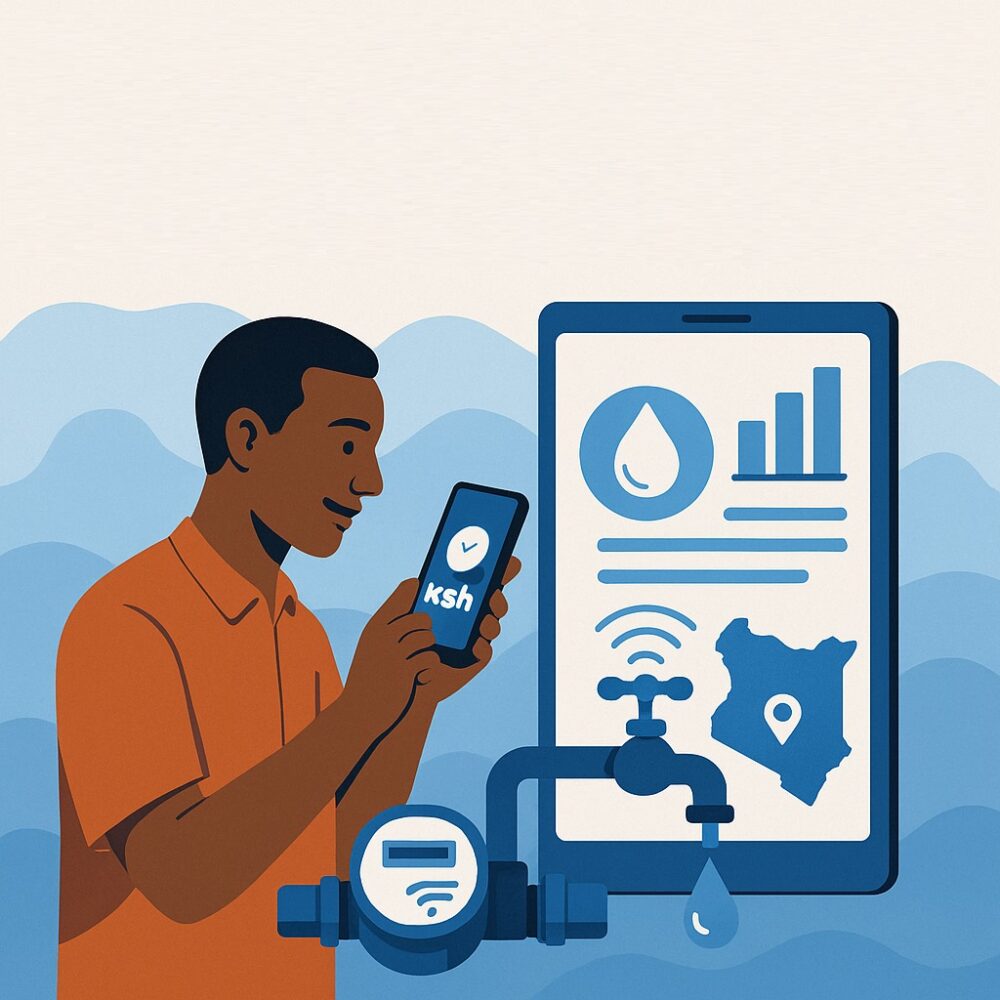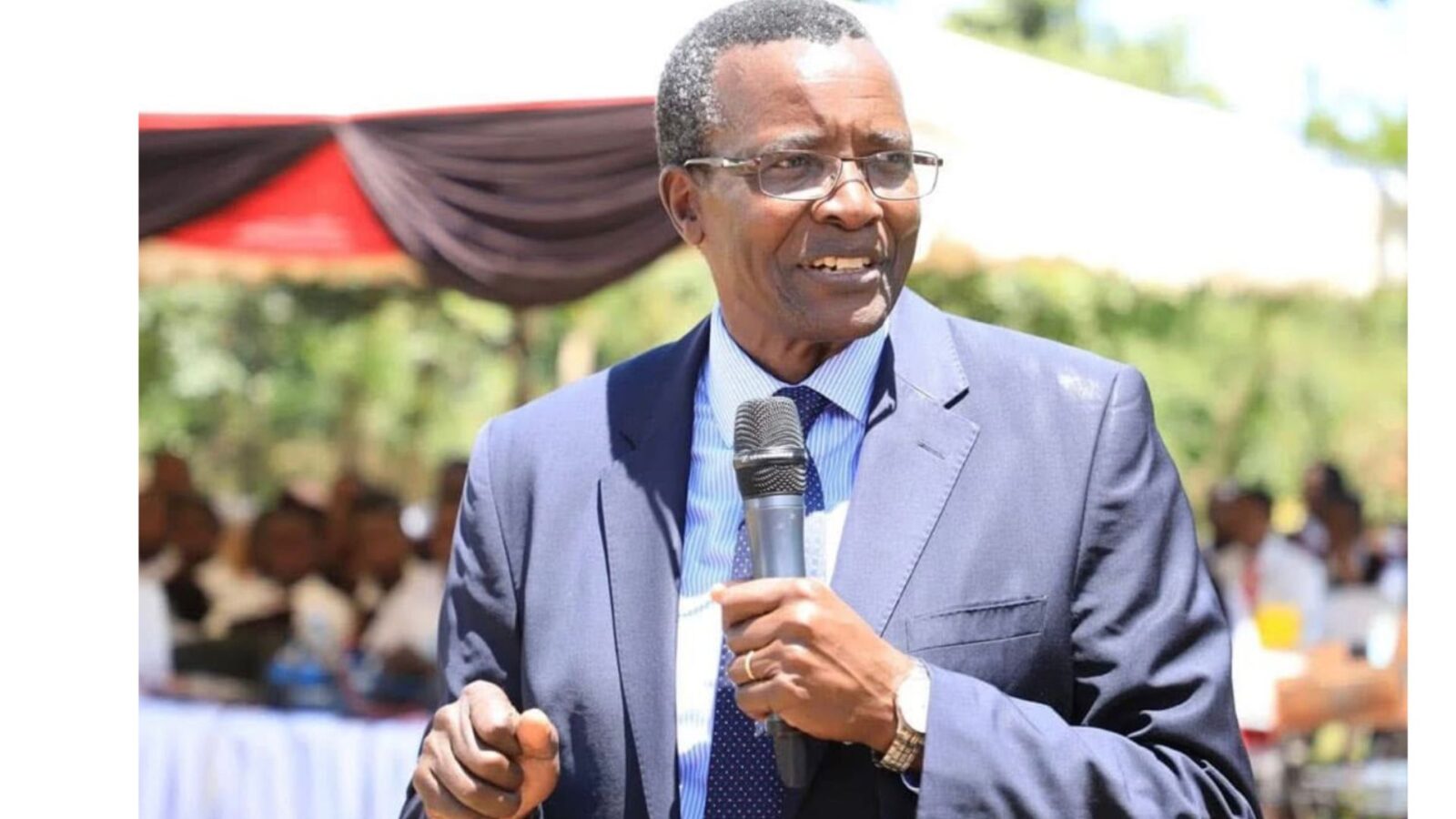Water scarcity and inefficiency have long plagued Kenya’s water sector but technology is beginning to shift the tide.
From the bustling streets of Nairobi to arid towns in Lodwar, utilities are adopting smart systems to improve billing, reduce losses, and deliver clean water more reliably to the public.
A major step has been the rollout of smart water meters, which provide real-time consumption data and help detect leaks or illegal connections. Counties like Nakuru and Kisumu have piloted these meters, cutting water loss and improving revenue accuracy.
At the heart of this transformation are Enterprise Resource Planning (ERP) platforms like Utility Master, developed by Wonderkid Multimedia Ltd. These systems now support utilities across Africa by automating meter reading, billing, invoicing, payment tracking, and debt management.
Integrated with M-Pesa and other mobile money tools, Utility Master enables fast, transparent payments and improves revenue collection.
Utilities are also turning to Geographic Information Systems (GIS) to map infrastructure, and IoT-enabled SCADA systems to remotely monitor pumps, tanks, and treatment plants. These tools let teams detect problems in real time, preventing service interruptions and improving operational efficiency.
Mobile technology is also transforming customer experience. A standout innovation is the Maji Safi app, another solution by Wonderkid Multimedia Ltd. It allows customers to check bills, report issues, track account balances and most importantly, order clean water from certified water bowsers.
Through a live bidding feature, customers can request a delivery and receive real-time offers from nearby providers. They can then select the most affordable option while also checking details about water source quality and safety standards.
This transparency helps families make informed choices, especially in informal settlements and drought-prone regions.
These innovations were in the spotlight at the KenyaWATSAN 2025 Conference, held in June in Mombasa. Hosted by the Water Services Providers Association (WASPA), the event brought together over 1,000 sector leaders to showcase climate-smart technologies. Platforms like Utility Master and Maji Safi were praised for bringing scalable and affordable digital solutions to real-world utility challenges.
More recently, some utilities have begun piloting AI-powered tools to predict consumption spikes, detect anomalies, and prevent system failures before they occur. These predictive systems are seen as a vital part of water resilience, particularly as climate change increases pressure on infrastructure.
Still, the path to full adoption isn’t without barriers. High setup costs, limited digital literacy, and outdated infrastructure continue to slow implementation in parts of the country. Yet success stories are growing, showing that with the right tools and partners, progress is possible.
As Kenya’s urban population grows and water becomes even more precious, digital innovation is no longer a luxury, it’s a necessity. Whether through smart meters, mobile apps, or AI-driven analytics, the water sector is being rewired for a more efficient, accountable, and equitable future.












